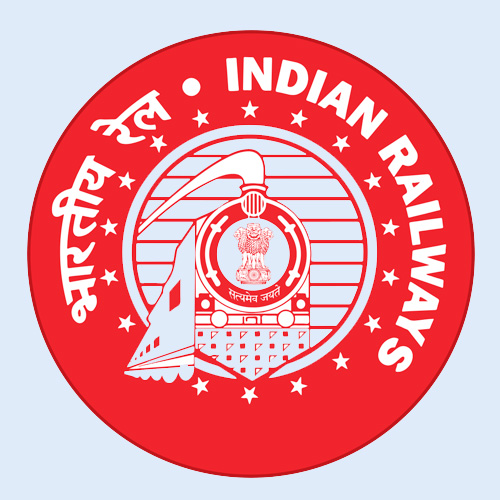New Delhi: In a first, the railways has started producing bricks out of waste soil in a manufacturing unit in Manipur as part of its ambitious project to provide Imphal rail connectivity.
The railways, whose primary mandate is to run trains, has taken up manufacturing work of this nature at a project site to curb pollution and cut costs. 3,500 bricks would be produced every eight hours as part of the process.
The Northeast Frontier Railway with the help of NIT Silchar is turning the excess excavated soil into bricks that are being used for protective works of bridges, pitching of slopes, steps for going down along the embankment and lining of drains.
“The construction of the railway alignment through the hilly terrain entails excavation of huge quantities of earth (soil). The excess excavated soil is generally dumped into low-lying areas which eventually flows into the streams and then the rivers causing high water pollution.
“In an underdeveloped state like Manipur, many villagers consume water directly from the streams, jeopardising their health. Hence, we felt the imminent need to control this malady by minimising the dumping of soil into water bodies,” said A Saibaba, Chief Engineer, Construction, NFR who is in charge of the Jiribam-Imphal line.
The 111 km line to be completed by 2020, has 47 tunnels covering a distance of 63.2 km and 131 bridges.
Usually conventional bricks are purchased from factories and transported to the site which in this case becomes extremely costly due to the transportation along the hilly roads, officials said.
NIT Silchar which conducted experiments in their lab, finally came up with a successful formula of converting this unused soil into blocks.
“As per their studies, the mixture of the local soil with small quantities of cement and other locally available ingredients when subject to high pressure yields blocks of sufficient strength and durability.
“An all-weather semi-mechanized factory has been set up at the Jiribam-Imphal section and manufacture of the soil to cement bricks has already begun and we are producing 3,500 bricks per shift of eight hours,” said Saibaba.
As an independent media platform, we do not take advertisements from governments and corporate houses. It is you, our readers, who have supported us on our journey to do honest and unbiased journalism. Please contribute, so that we can continue to do the same in future.

